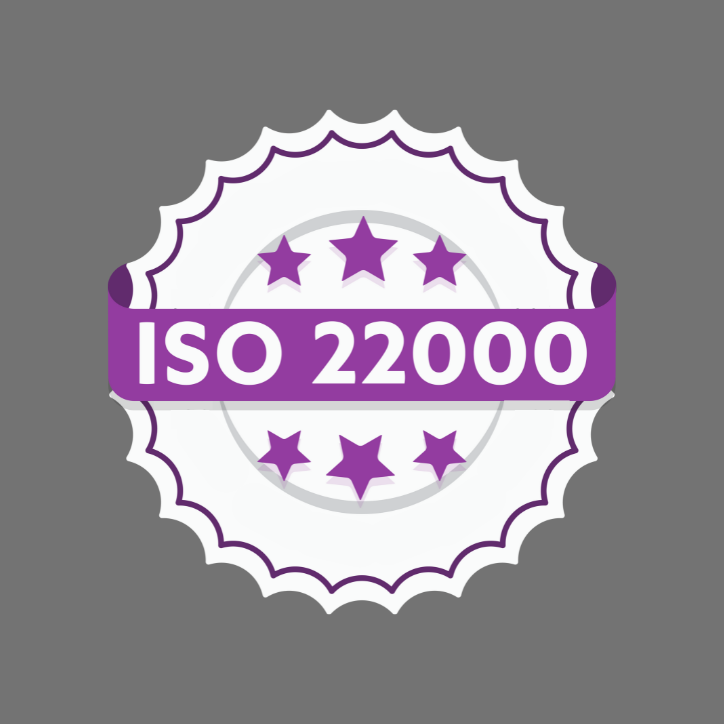Introduction:
In an era where food safety is paramount, ISO 22000 stands out as a global standard dedicated to ensuring the safety and integrity of the food supply chain. As food-related challenges become increasingly complex, ISO 22000 provides organizations with a comprehensive framework for managing food safety hazards. Let’s delve into the essence of ISO 22000, understanding its principles, advantages, and why it has become an essential guideline for entities across the food industry.
What is ISO 22000?
ISO 22000 is an international standard developed by the International Organization for Standardization (ISO) specifically for food safety management systems (FSMS). This standard is applicable to any organization involved in the food chain, from farmers and producers to processors, distributors, and retailers. ISO 22000 provides a systematic approach to identifying, preventing, and managing food safety risks, ultimately ensuring that food products are safe for consumption.
Key Principles:
At the core of ISO 22000 are several fundamental principles that guide organizations in establishing effective food safety management systems. These principles include interactive communication, system management, prerequisite programs, the Hazard Analysis and Critical Control Points (HACCP) principles, and continual improvement. By adhering to these principles, organizations can proactively manage food safety risks, promote transparency, and build trust across the entire food supply chain.

Benefits of ISO 22000:
Implementing ISO 22000 offers numerous benefits for organizations operating in the food industry. Foremost among these advantages is the ability to demonstrate a commitment to food safety, instilling confidence in consumers, regulators, and stakeholders. ISO 22000 also fosters better communication and collaboration between various players in the food supply chain, leading to enhanced traceability and risk management. Furthermore, by systematically identifying and addressing potential hazards, organizations can reduce the likelihood of foodborne illnesses, protect their reputation, and ensure compliance with regulatory requirements.
Conclusion:
ISO 22000 serves as a crucial tool for organizations navigating the intricate landscape of food safety. It goes beyond regulatory compliance, providing a holistic approach to managing risks, ensuring transparency, and building a robust food safety culture. By embracing ISO 22000, organizations in the food industry signal their commitment to delivering safe and reliable products. In an era where consumers prioritize the safety of what they eat, ISO 22000 remains a beacon guiding the food industry toward a future of trust, integrity, and global excellence in food safety management.
